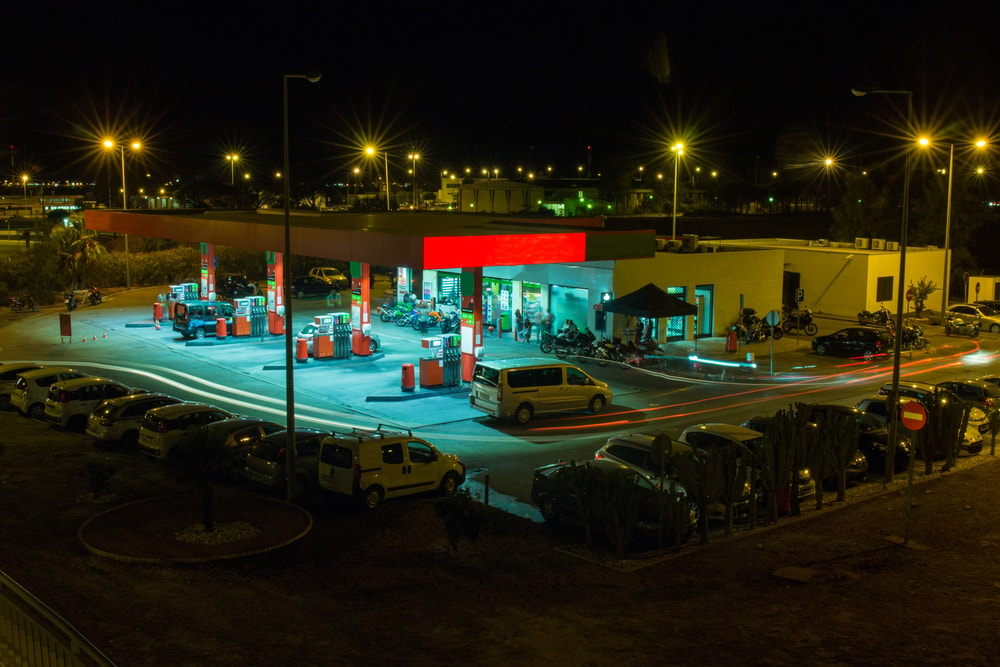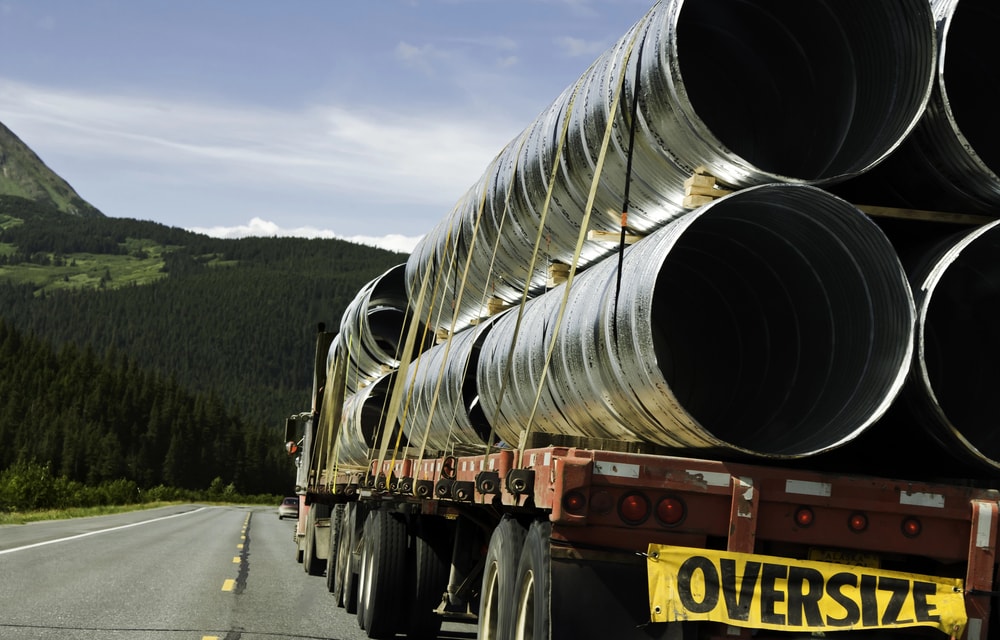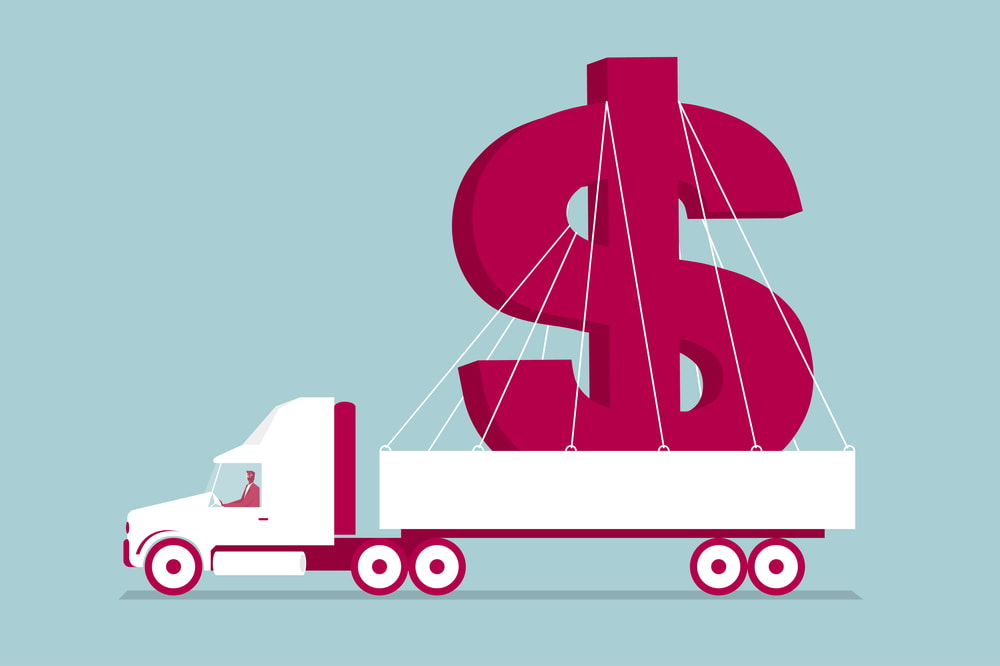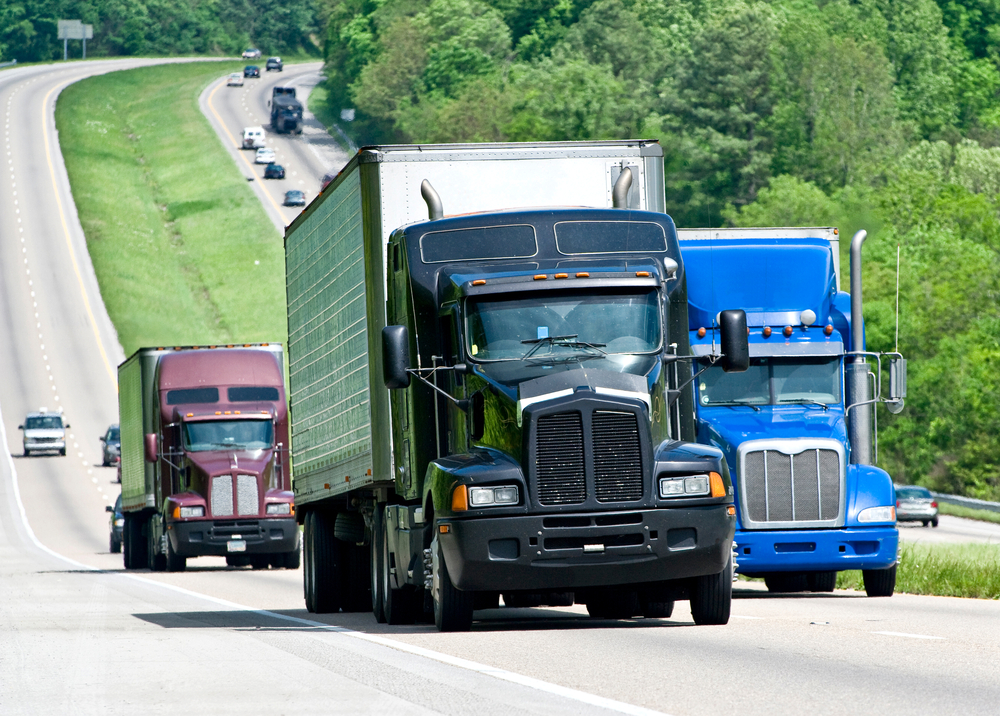Introduction
Imagine waking up to empty grocery stores, dry gas stations, and pharmacies with no meds—it’s like some weird sci-fi scene, right? Well, it is a very real world without truckers. These road warriors are the backbone of our country’s supply chain, making sure goods keep on moving across the country. Otherwise, the logistics network that sustains everyday life would break down, and we would be strung out in chaos and scarcity.
Truckers are at the root of our everyday conveniences and the economy as a whole. They transport raw materials to factories, finished products further to stores, and vital supplies to hospitals. In this blog, we will look at the many roles of truckers, the impact of their absence within different industries, and how they undergo challenges on the road. By the end, you will appreciate these unsung heroes who help keep our world moving.
The Importance of Truckers
The size and complexity of the trucking industry help explain why it is the backbone of modern economies. Millions of drivers and vehicles manage to move goods around the country with remarkable speed. From the hauling of raw materials to the delivery of finished goods, the impact of the truckers is almost felt in every aspect of our daily lives. It supports commerce and trade; it supports people’s livelihoods and is the foundation of economic stability and growth.
The truckers are the masters who keep the supply chains moving. On time, products reach their destination, whether it be fresh produce to supermarkets, meds to hospitals, or components to manufacturing plants. No amount of praising the trucker would be enough when it is through his work that things just come to us that we take for granted. Their ability to negotiate logistics and bear the pressure of long-haul travel is how commerce stays afloat, and our quality of life remains intact. So let’s look at what would happen if they disappeared tomorrow.

Immediate Impact on Essential Goods
Medical supplies and hospitals
A world without truckers would be devastating to medical supplies and hospitals. The stockpiles of oxygen, which are used in the treatment of patients suffering from respiratory illnesses, would be depleted in a matter of days, thereby putting thousands of lives at risk. The rapid depletion of this resource would make it hard for health professionals to treat patients without running out of it. Also, the supplies of medical equipment needed in surgery and daily care, such as syringes, gloves, and sterile bandages, would deplete rapidly, making it very hard for physicians to perform necessary procedures. This would translate to long queues and only a few supplies for the patients, making the entire health and public health collapse.
Food and supermarkets
Foods would be scanty in supermarkets, and small supplies of life essentials would be present. Fresh fruits and dairy produce, which need prompt delivery so that they may be consumed before going bad, will also be hard to find. This will not only impact the function of individual houses but will have a cascading effect on the food industry, restaurants, schools, and other such establishments that rely on a continuous supply of food. This interruption in the supply chain will be an eye-opener to the absolute necessity of truckers in maintaining the supply chain in the superstores that supply us with the necessities of everyday life
Clean water and bottled water
Clean water and bottled water supplies would also take a hard hit. If no truckers were delivering bottled water, those communities reliant on said deliveries would be at a loss for how to receive clean drinking water. People would become ill from intestinal diseases emanating from poor water sources, further demonstrating the linearly positive relationship between transportation and public health. Clean water supplies would collapse, showing how basic a good trucking industry is to the health and well-being of the population.

Life and Business Disruption
Package and mail delivery
Without the truck drivers, package-delivery services and mail would be much slower. What we consider a given—that packages and mail just end up on your doorstep—would be an infinitely slow process and a cross-your-fingers endeavor. Those businesses that depend on supersonic shipping would be affected, from online retail to important document exchanges. The setbacks on all these levels would further continue setbacks in both personal and professional life.
Fuel and gas stations
Gas stations would run out of fuel in no time, and automobile travel would be put on hold, let alone the supply chain of fuel. If truckers don’t haul, gallons and gallons of gasoline and diesel will remain in temporary storage and not in vehicles. Daily commutes for many would suddenly become impossible without the truckers. Industries like agriculture and construction that depend on fuels will also feel a hit, thus worsening what is already a bad economic scenario.
Public transportation and personal travel
Public transportation and personal travel would slow drastically as the CDL holders who currently operate public buses would be gone. Without truck drivers, there would also be limited fuel available to operate any vehicles. Not only would individuals be unable to drive, but they would be unable to rely on the suddenly overcrowded and slowed-down remaining public transportation.

Industries Affected
Manufacturing and assembly lines
In all likelihood, manufacturing would be the first to fall apart in a no-trucker world. Production lines relying on the constant flow of raw materials would grind to a halt, completely shutting down factories. Steelworks, refineries, and assembly lines reliant on metals, plastics, and electronic inputs would be brought to a standstill. Such a stop would have ripple effects on the supply chain toward innumerable downstream industries and result in huge economic losses.
Construction and infrastructure projects
Construction and infrastructure projects would be greatly delayed due to a lack of construction materials and equipment needed for building and maintenance. In the absence of timely delivery of cement, steel, and other vital supplies, the ongoing projects would come to a standstill, and new projects would definitely be put on indefinite hold. In this way, the domino effect would be visible in everything from road repairs to residential construction, thus paralyzing urban development and infrastructure development.
Retail and business
Retail and business would take a significant knock as they would not get their deliveries or be able to transact business; in fact, most industries rely on frequent delivery to keep their stores stocked, so that the proverbial shelves are full of merchandise, and consumers are content. It would be empty stores and lost sales—failing to be unable to get new inventory. The disruption in logistics would slow down transaction processing, impacting businesses from small local shops to big retail chains and the loss of sales in monetary terms.

Economic Impact and Higher Costs
No truckers would mean a large economic halt and higher price tags for goods and services. Truckers are the backbone of the supply chain, ensuring products get delivered from the manufacturer to the consumer. Without them, it would spell a bad day for the world. Commodities would be scarce with an associated price increase. These higher costs would trickle down to consumers and businesses and further reverberate throughout industries, compounding economic instability.
This would break the supply chain and transportation network: further, the break-up of the truck delivery network will shut down the supply chains. From food to medicine supplies, many critical goods will not reach their destination; as a result, they can face shortages and delays. It will affect not only individual consumer activities but also those industries that depend on the timely delivery of those products. This would show just how critical truckers are to the stability and efficiency of our supply chain and to the economy as a whole in case the trucking delivery network collapses.
Summary
No truckers would translate into a catastrophic breakdown of daily life, business, and the economy. From manufacturing lines that would close because there was not enough raw material, to construction projects delayed and food shortage created in the grocery stores, the chain reaction that would ensue would be enormous and fierce. Truckers are definitely the unsung heroes in our world who ensure that the goods and services we use daily get there. It isn’t simply a question of thank you; kudos and appreciation move toward the call for everybody to stand up for and continue to value further these very vital workers who keep our supply chains moving and our lives in motion.
